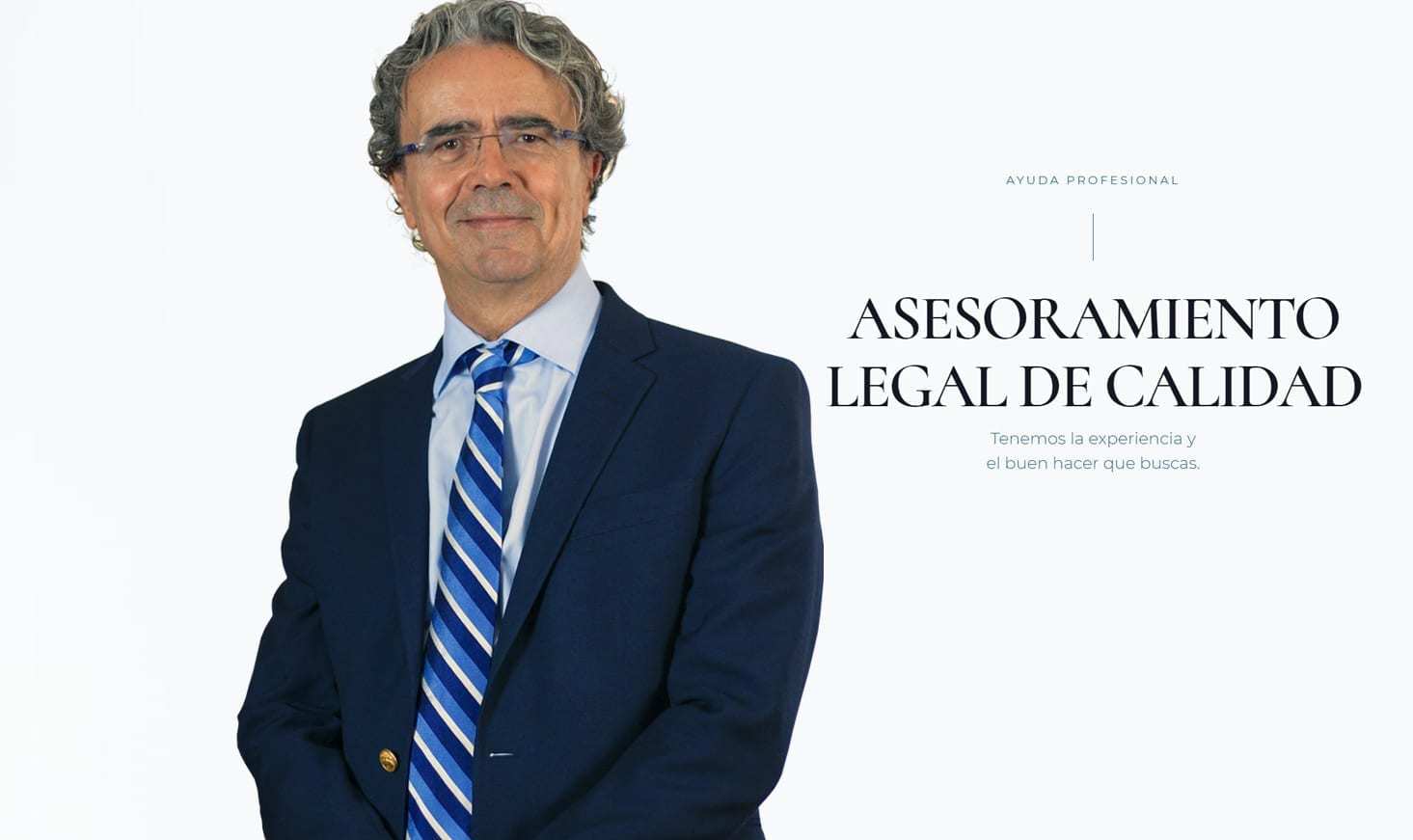Acceptance of inheritance as a prerequisite for partition and adjudication
The Civil Code regulates in articles 988 and following the procedure of inheritance acceptance as a prerequisite for partition. It is clear that an heir who does not wish to participate in the division or acquisition of assets will need to repudiate or renounce the inheritance. Non-acceptance of the inheritance must be explicit, and this is an important point to understand.
 Voluntary acceptance of inheritance
Voluntary acceptance of inheritance
Article 988 of the Civil Code states that both acceptance and repudiation are entirely free and voluntary acts. Once performed, they cannot be revoked. It is important to distinguish between pure and simple acceptance and acceptance for inventory purposes.
The difference is crucial. With pure and simple acceptance, the heir is responsible for all debts and liabilities of the inheritance. This responsibility extends to both inherited assets and personal property.
On the other hand, acceptance with benefit of inventory limits the heir’s liability only to the value of inherited assets, so that personal assets are not affected by the debts of the inheritance.
Mandatory acceptance of inheritance
The actions of an heir after the death of the decedent are crucial for other heirs. Often, some heirs do not act immediately and may even use the assets for various reasons, such as waiting for tax obligations to expire or lacking the financial resources to complete the procedures, preferring to delay decisions on asset disposition.
This situation requires unanimity among heirs and alignment of interests, which is often lacking. If an heir neither accepts nor renounces the inheritance, it forces others to act to determine not only how to divide but also who is entitled to the inheritance. It is necessary, therefore, to require the heir to decide whether to accept or renounce the inheritance.
Article 1005 of the Civil Code stipulates that any interested party who can prove their interest may approach a notary to notify the named heir, granting them a period of thirty calendar days to accept the inheritance purely and simply, with benefit of inventory, or to repudiate it. Failure to respond within this timeframe will result in automatic pure and simple acceptance of the inheritance.
Care must be taken if you are summoned in this manner, as failure to respond forfeits the opportunity to accept with benefit of inventory, potentially making you liable for all the deceased’s debts with your present and future assets.
Inheritance partition as the next step
Once the inheritance has been accepted, the next step is partitioning the assets, which can be done either through a notary if there is agreement among the parties or judicially if disagreements arise.
The testator’s expressed wishes must be followed strictly in the partition process. If the will specifies partition and adjudication criteria and legacies, these must be respected as stated by the testator.
If an executor has been appointed, they will be responsible for the partition and all related procedures.
If no explicit provisions exist and there is no agreement among the heirs, they can agree through a notary to appoint a partitioning accountant. This professional will manage the partitioning of assets in the Notary’s office, complying with the testator’s wishes and addressing inheritance debts.
We always advise having a trusted lawyer for all heirs to handle the division and partitioning of assets before the Notary. As taxes must be paid, working with the fiscal values and market values of the assets can help reach agreements at a much lower cost than involving other professionals.
Additionally, the lawyer will manage all Notary procedures from the outset, so clients only need to appear for signing.
Consequence of failing to reach a partition agreement
This is the worst-case scenario, as it requires judicial intervention to initiate a legal division of inheritance, governed by Articles 782 to 805 of the Civil Procedure Law.
In this case, all interested parties must appoint a lawyer and court attorney to represent and defend their rights. The court will also appoint an expert to conduct valuations of real estate or other assets, as well as a partitioning accountant.
Based on the valuations, the final valuation of the inheritance will be made, with the corresponding allocations to the heirs.
In addition to the economic cost of having the necessary professionals, such as a lawyer and court attorney for each party, the time required for judicial proceedings causes undesirable delays, which is contrary to the interests of all parties involved. For this reason, our law firm always aims to avoid this outcome.
These are complex issues because personal, economic, and family interests are intertwined, which, unfortunately, often do not align well.
Carlos Baño Abogados
Below is an overview of the services we offer at our law firm:
https://www.cbleon-abogados.com/en/services/



